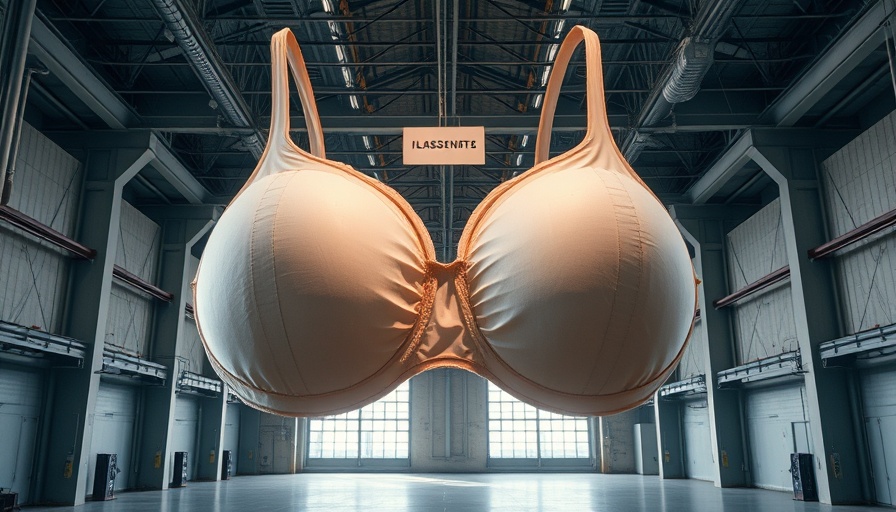
The Berlin Biennale: A Platform for Critical Discussion or an Artistic Mirage?
The Berlin Biennale has long stood as a vital event in the international arts calendar, drawing attention to modern artistic expression and societal issues. However, in recent critiques, especially regarding its 2022 edition, some audiences have found the experience to be gratingly evasive, failing to address pressing topics such as the Palestinian narrative and the intricate relationship between art and politics.
A Deeper Look at the Recent Criticism
Critics have pointed out that while the Biennale aims to stir conversations about contemporary issues, it often flounders in ambiguity. Can art genuinely convey the complexities surrounding geopolitical issues, or does a refusal to take a definitive stance strip the artwork of its power? The fusion of art and activism has garnered heightened attention, compelling artists and curators to confront sensitive themes and provoke thoughtful dialogue.
The Artistic Approach: Evocation vs. Engagement
Years past have seen the Biennale successfully presenting provocative works that challenged viewers, provoking them to explore uncomfortable truths. However, this year's exhibit seems to evade engagement with critical issues, diluting the emotional resonance that art can provoke.
The ongoing conflict in Palestine, for instance, represents a significant topic that many expect art to address forthrightly. Yet the perception of evasion surrounding this subject raises a question—shouldn’t a platform as influential as the Berlin Biennale take a stand and use its voice to ally with those affected? The divergence between artistic expression and political commentary thus becomes a focal point of discussion.
The Role of Audience Interpretation
Another aspect of this conundrum lies in how audiences interpret the work presented. Art invites personal reflection, and each viewer brings unique backgrounds to the experience, thereby influencing their understanding and reaction to the exhibit. In a city like Berlin, where history is as rich as it is complex, audiences are keen for content that resonates with their experiences and viewpoints.
Failure to confront certain narratives may lead to feelings of exclusion among viewers who seek deeper connections with the showcased works. Such perceptions could either foster a sense of discontent or initiate a necessary push for discourse in the art community. Does the Berlin Biennale risk alienating its audience by not addressing the complexities central to artistic freedom?
Moving Beyond Surface-Level Engagement
To cultivate a truly engaged audience, the Berlin Biennale must reconsider its approach. What if, instead of circumventing potentially hurtful topics, the Biennale embraced them as channels for healing? By doing so, it could role-model how art can serve both as a medium of expression and a bridge for understanding and collaboration.
Art should challenge us, inspire us, and ultimately bring us together, especially during turbulent times. Is it possible that the burden lies not only upon artists and curators but also on audiences to demand that art engage with the realities of our socio-political landscape? How we interact with art matters greatly.
What the Future Holds for Art and Activism
As the world becomes interconnected and tensions escalate, the power of art to provoke thought and affect change grows ever more vital. It is imperative that platforms like the Berlin Biennale evolve to accommodate this dynamic—embracing challenging dialogues instead of avoiding them. This shift not only encourages growth within the arts but also fosters communities grounded in empathy and understanding.
Conclusion: Why It Matters Now More Than Ever
The call for courageous conversations resonates deeply in these times, as art can sensitize audiences to critical issues, fostering understanding and hopefully motivating action. As top wage earners in Philadelphia look towards the global landscape, perhaps engaging with art that embraces difficult conversations can be their gateway to contributing positively within their community.
We encourage Philadelphia readers to explore the implications of the Berlin Biennale's current approach to art and activism. By understanding these dynamics, you play a role in shaping a more inclusive and impactful arts culture.
 Add Row
Add Row  Add
Add 




Write A Comment